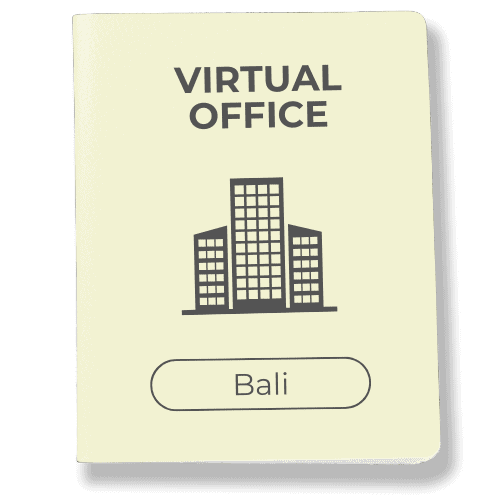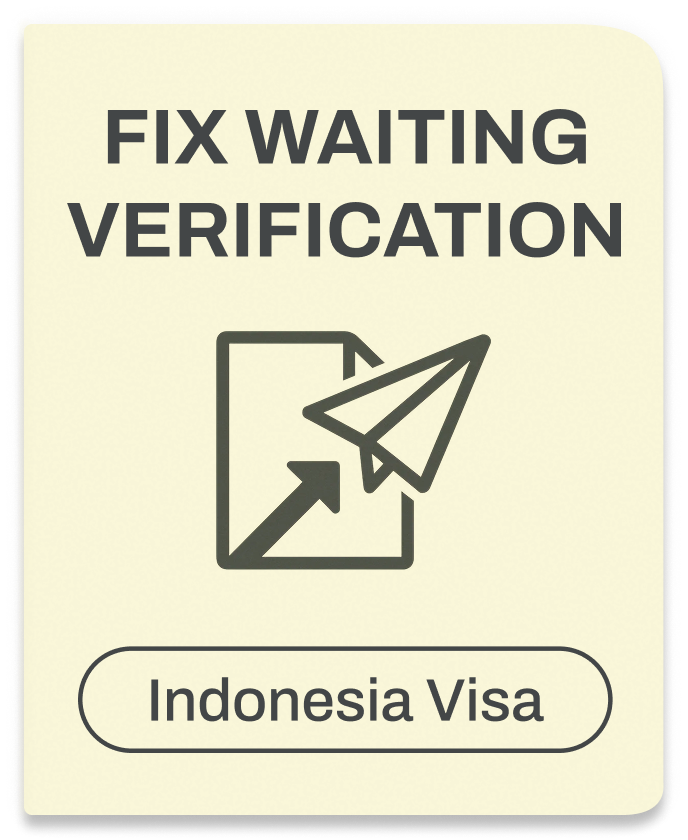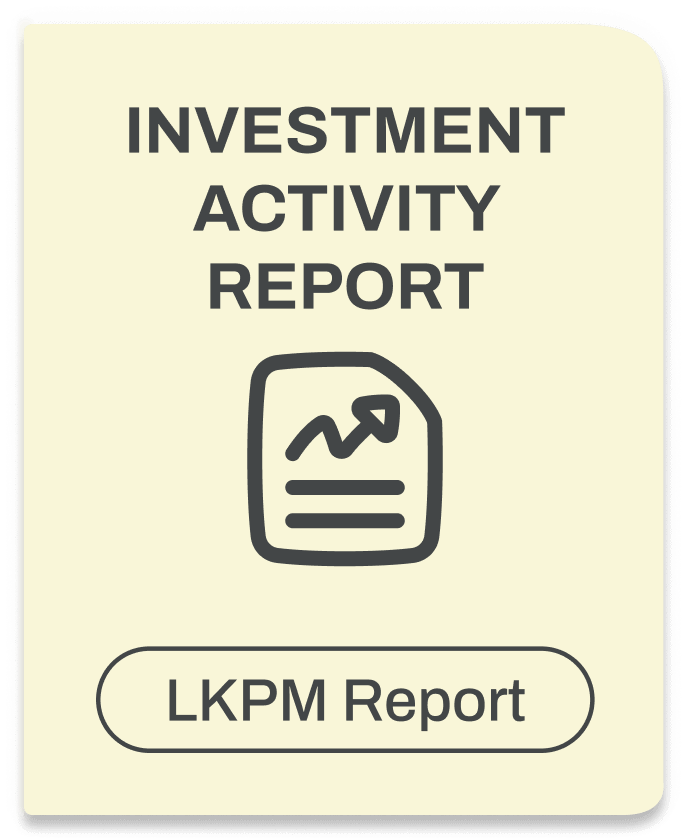How to Become an Indonesian Citizen

Want to become an Indonesian citizen? This comprehensive guide covers everything foreign nationals need to know about obtaining Indonesian citizenship and Indonesian nationality through naturalization or marriage to an Indonesian parent.
Table of Contents
Understanding Indonesian Citizenship and Nationality Law
Before diving into the application process, it’s crucial to understand Indonesia’s fundamental citizenship rules and how they might affect your decision.
The Republic of Indonesia has strict nationality law requirements for foreigners seeking citizenship. Unlike many countries, Indonesia does not allow dual citizenship for adults – you must renounce your another nationality when you become an Indonesian citizen.
Here’s what every foreign person should know about the naturalization process:
- Adults cannot hold dual citizenship
- You must be at least 18 years old (or married)
- The Ministry of Law and Human Rights processes all applications
- Each application goes directly to the President of Indonesia
Three Legal Pathways to Indonesian Citizenship
Indonesia offers three distinct routes to citizenship, each with specific requirements and procedures. Choose the path that best fits your situation.
- Route 1: Standard Naturalization (Most Common): This process is for foreign nationals who want to obtain Indonesian citizenship through residency. You’ll work with your regional office of the Ministry of Law and Human Rights. This traditional path requires meeting residency, language, and other standard requirements over several years.
- Route 2: Marriage to an Indonesian Citizen: If you’re married to someone with Indonesian nationality, you have special options. However, you still must meet all legal requirements and cannot hold dual citizenship. This pathway often has reduced fees and may have streamlined processing, but all other requirements still apply.
- Route 3: Exceptional Merit (Rare): The government occasionally grants citizenship to foreigners who provide exceptional service to Indonesia. These cases require Minister approval and a Presidential decree. This might include major investors, Nobel Prize winners, or individuals who’ve made extraordinary contributions to Indonesian society.
Key Requirements for Indonesian Nationality

Understanding the eligibility criteria is essential before starting your application. These requirements ensure you’re ready for the responsibilities of Indonesian citizenship.
To apply for Indonesian citizenship, foreign nationals must meet these essential requirements:
Age and Legal Status
- Be at least 18 years old, OR
- Be married (even if under the age of 18)
- Have good physical and mental health
Residence Requirements
- Live in Indonesia for five consecutive years, OR
- Ten non-consecutive years of residence
- Maintain long-term visa status throughout this period
- Provide proof from your regional office
Language and Cultural Knowledge
- Demonstrate fluency in the Indonesian language
- Understand Indonesian culture and values
- Pass interviews conducted in Indonesian
Legal and Criminal Background
- No criminal sentences of one year or longer
- Clean background check from your home country
- Must show respect for Indonesian law
Financial Stability
- Prove steady income or savings
- Must pay all government fees
- Show long-term commitment to Indonesia
Citizenship Renunciation
- Must renounce your current nationality
- Cannot maintain another nationality
- Complete renunciation within 14 working days after the oath
The Step-by-Step Naturalization Process
Ready to begin your citizenship journey? Here’s exactly what happens from application to oath ceremony, with realistic timelines and expectations.
Step 1: Prepare Your Application
Contact the Ministry of Law and Human Rights regional office in your area. Every foreign person seeking citizenship must apply through proper channels.
Step 2: Gather Required Documents
Foreign nationals need extensive documentation:
For All Applicants:
- Birth certificate (legalized)
- Marriage certificate (if applicable)
- Criminal background check
- Proof of residence in Indonesia
- Health certificate showing good physical condition
- Indonesian language proficiency proof
- Income statements
- Passport and visa history
Additional for Marriage-Based Applications:
- Spouse’s Indonesian documents
- Proof spouse has Indonesian nationality
- Family registration documents
Step 3: Submit Application and Pay Fees
- Standard naturalization: 50 million rupiah
- Marriage-based: 15 million rupiah
- Children under special programs: varies by law
Step 4: Government Review Process
The Ministry of Law and Human Rights will:
- Review all documents
- Conduct Indonesian language interviews
- Verify your residence history
- Check your understanding of Indonesian law
Step 5: Presidential Decision
Every citizenship application requires Presidential approval. The Minister of Law and Human Rights presents cases to the President of the Republic of Indonesia.
Step 6: Take the Citizenship Oath
Once approved, you must:
- Swear allegiance to Indonesia
- Promise to be a good citizen
- Receive your citizenship certificate
Step 7: Complete the Transition
Within 14 working days, you must:
- Submit your Indonesian immigration documents (e.g., ITAS/ITAP) to the local immigration office within 14 working days.
- Begin renouncing your previous nationality
- Apply for your Indonesian passport
- Update all legal documents
Special Considerations for Children and Families

Family situations can complicate citizenship applications. Here’s what parents and children need to know about different scenarios and timing strategies.
• Children born to Indonesian Parents: Children born to one Indonesian parent automatically receive Indonesian nationality. However, they must choose within certain time limits if they also have another nationality. The key deadline is usually by age 18, when they must decide whether to keep Indonesian citizenship or choose their other nationality. Parents should help children understand this decision early.
• Foreign Children in Indonesian Families: Children of foreign nationals who marry Indonesian citizens may qualify for special consideration. The age requirements and process vary depending on the child’s situation. Children under 18 often have different fee structures and may be processed together with their parents’ applications.
• Family Applications: While each person needs a separate application, families can coordinate their naturalization process. Parents should consider timing to keep the family together during the transition. This includes planning the renunciation process and document updates to happen simultaneously for all family members.
Common Challenges and How to Avoid Them
Learning from others’ mistakes can save you months of delays and frustration. These are the most frequent problems applicants face and the proven solutions.
Document preparation causes more delays than any other factor. Many foreign nationals struggle with Indonesia’s strict legalization requirements, which demand that most documents be certified by Indonesian consulates or the issuing government. Start this process early; it can take months to get everything properly certified. Keep multiple copies of everything, as offices sometimes request additional sets during processing.
Many applicants underestimate the skill level needed for the Indonesian language requirement. You’ll need conversational fluency plus an understanding of civic and legal concepts. Don’t just practice casual conversation; study Indonesian history, government structure, and legal terminology. The interview officials will test your knowledge of Indonesia’s founding principles and constitution.
Timing and residency documentation create another common stumbling block. The five years of consecutive residence requirement means exactly that; any significant gaps can reset your timeline. Keep meticulous records of your visa status, entry and exit stamps, and residence permits. Address any visa violations or overstays before applying.
Financial documentation requirements are more complex than most people expect. You need to prove not just current income, but sustainable long-term earning capacity. Bank statements, employment contracts, tax returns, and business licenses all play a role. The government wants assurance that you won’t become a public burden.
Criminal background complications can derail applications even for minor offenses. Any criminal sentence of one year or more disqualifies you, but even smaller issues require explanation. Get official criminal background checks from every country where you’ve lived, not just your home country. Be completely honest about any legal troubles; trying to hide them will cause bigger problems.
Life After Obtaining Indonesian Citizenship

Congratulations! Getting your citizenship certificate is just the beginning. Here’s how to navigate your new life as an Indonesian citizen and handle all the administrative changes.
Your first priority is handling the immediate legal requirements. Within 14 working days after taking your oath, you must return all foreign immigration documents to the Indonesian immigration authorities. This includes your old passport, any residence permits, and entry/exit documentation. Start the renunciation process with your former country’s embassy or consulate immediately; some countries take months to complete this process.
Next comes updating your legal identity throughout the Indonesian system. Apply for your Indonesian passport as soon as possible, as this will be your primary identification for travel and many official transactions.
Update your civil registry records to reflect your new citizen status, get your Indonesian national ID card (KTP), and register with the local family card (KK) system. Don’t forget to update your tax identification number (NPWP) and transfer any existing tax obligations to your new citizen status.
You have new rights too; you can vote in elections, hold Hak Milik and other land rights subject to Indonesian agrarian law; foreigners cannot hold Hak Milik. You can also access government services available only to citizens. Consider this transition period a chance to deepen your understanding of Indonesian culture and civic life.
Banking, employment, and daily life logistics require attention as well. Update all your bank accounts, insurance policies, and employment records to reflect your new citizenship status.
If you run a business, you may need to change your company structure since citizen and foreigner ownership rules differ significantly. Phone contracts, internet services, and other utilities may offer different rates or services to citizens versus foreigners.
Regional Variations and Local Offices
Processing times and specific procedures can vary significantly depending on where you apply. Understanding these regional differences helps set realistic expectations.
Different regional office locations may have slightly different procedures. Major cities often process applications faster, but requirements remain the same nationwide.
Contact your local Ministry of Law and Human Rights office for:
- Current fee schedules
- Document requirements
- Interview scheduling
- Application status updates
Frequently Asked Questions About Indonesian Citizenship
These are the questions we hear most often from foreign nationals considering Indonesian citizenship. The answers address common concerns and misconceptions about the process.
Q: Can I keep dual citizenship?
A: No. Indonesia does not allow dual citizenship for adults. You must renounce your other nationality.
Q: What if I’m married to an Indonesian citizen?
A: Marriage to an Indonesian provides a pathway to citizenship, but you still must meet all requirements and cannot maintain dual citizenship.
Q: Do my children automatically become citizens?
A: Children born to Indonesian parents typically receive Indonesian nationality. Foreign children may qualify through family applications.
Q: How long does the process take?
A: The naturalization process typically takes several months to over one year, depending on your application completeness and government processing times.
Q: What happens if I’m rejected?
A: You may reapply after addressing the rejection reasons. The Ministry of Law and Human Rights should explain why your application was denied.
Q: Can I apply if I’m over 18 years old?
A: Yes, there’s no maximum age limit. You must be at least 18 years old or married to apply.
Q: What if I lose my Indonesian passport?
A: Indonesian citizens can replace lost documents through proper government channels. You cannot reclaim a foreign nationality after becoming Indonesian.
Final Advice for Foreign Nationals Seeking Indonesian Citizenship
Making the decision to become an Indonesian citizen is life-changing. Here’s what successful applicants wish they had known before starting the journey.
Obtaining Indonesian citizenship requires careful planning, patience, and commitment. The Republic of Indonesia takes nationality seriously, and the naturalization process reflects this importance.
Key success factors include:
- Meeting all residence requirements
- Mastering the Indonesian language
- Understanding your legal obligations
- Preparing for long-term commitment
- Working with qualified legal help when needed
Remember, becoming an Indonesian citizen means joining a nation with a rich culture and a long history. Take time to understand what citizenship means beyond just getting an Indonesian passport.
The Ministry of Law and Human Rights is your primary contact throughout this process. Their regional office staff can provide the most current information about requirements, fees, and procedures.
Start your journey to Indonesian nationality today by contacting your local government office and beginning the document preparation process. With proper preparation and commitment, foreign nationals can successfully become proud citizens of the Republic of Indonesia.
Ready to Apply or Extend Your Visa?
Let our visa specialists handle your application.



















